(ThyBlackMan.com) According to Rev. Cecil “Chip” Murray, “when you have the ‘haves’ and the ‘have-nots,’ the police powers are meant to keep the haves having and that forces the have-nots to have-not.”
Henry “Kee Kee” Watson, one of a group now known as The LA Four in the beating of Reginald Denny, said that people might act shocked, but “It’s no 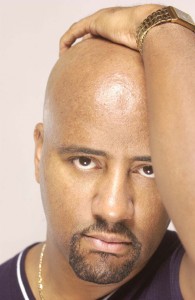 secret that Black people have no love for police. “People try to act like it’s a secret that police have no love for poor people, especially poor Blacks.
secret that Black people have no love for police. “People try to act like it’s a secret that police have no love for poor people, especially poor Blacks.
“People also tried to say that King’s beating was an isolated incident,” Watson added. “The only thing isolated was that it was caught on tape. But we know that in South Central, that’s business as usual.”
On August 11, 1965, a Los Angeles police officer in the Watts area of South Central Los Angeles stopped a twenty-one year old Black man on suspicion of driving under the influence of alcohol. When a crowd gathered, the officer called backup. The second officer on the scene lost his temper and struck members of the crowd with his baton.
One version of the story has the crowd rebelling against the officers on the spot, and yet another version has the crowd diverting the officers while the young man escapes to his mother’s home. When the police go to arrest him, they get into an altercation with the mother and the neighborhood erupts in a rebellion against the police.
Whichever version is correct, rumors of a clear incident of police brutality spread throughout the city and a full-scale rebellion ensued.
Following the Riots, then-California Governor Pat Brown created the McCone Commission, named for its head, John McCone, to study the riots.
The McCone Commission reported that the civil unrest was not unwarranted violence by “thugs,” but the expression of frustration due to real problems, including the high jobless rate in the inner city, poor housing, bad schools.
The 1990’s, much like the 1960’s, were opening with turbulence in America’s major cities. The overcrowding of public housing, and failure of major advances to take hold in the inner cities was being discussed while the failure of the justice system for people of color was being ignored.
In the 1990’s in Los Angeles, African Americans were still at odds with the police force, which viewed them as a group to be dealt with, not as part of the population to be protected and served.
“Racial Profiling” is simply too mild a term for the wonton search and seizures; the regular practice of making citizens of color lay face down on the concrete and the physical abuse that occurred during routing traffic stops in Los Angeles.
The local gangs, the Crips and the Bloods, had begun efforts to create a truce to quell the rampant violence over gang territories, often defined by drug sales.
In March of 1991, four police officers pursue Rodney Glen King on a alternating high speed and low speed chase, eventually apprehending him and summarily beating him savagely, while more than twenty other officers stood watching. The beating is captured on videotape.
All charges against King are ultimately dismissed and the “real” Trial of the Century (the magnitude of O.J. Simpson’s trial pales ridiculously in comparison) begins–Sergeant Stacey Koon and Officers Laurence Powell, Timothy Wind and Theodore Briseno stand trial for felony assault and related charges to the King beating.
Warren Christopher, who was the vice chair of the McCone Commission in 1965, is appointed by then-Mayor of Los Angeles, Tom Bradley to lead an independent commission on the Los Angeles Police Department.
In July of 1991, the Christopher Commission reports the systematic use of excessive force and racial harassment in LAPD, calling for police reform and the resignation of Gates, who announces that he will retire the following year.
On April 29, 1992, an all-white jury in Simi Valley finds all four officers “not guilty” of any crimes in the beating of Rodney King.
Los Angeles erupts in rapidly widespread protests, riots, fires, looting and mayhem.
Days later, forty-two people are dead, five thousand have been arrested and the city has more than one billion dollars in damage.
For many of the people who were burning and looting, the event was simply opportunistic. For Blacks, the uprising actually was targeted and specific.
The Late Bo Taylor, founder of Unity One, which organized a gang truce in Los Angeles between the Bloods and the Crips prior to the 1992 Riots, asserted that there was truth to the rumor of a planned war between the police and the gangs under the newly-formed truce.
“It was all organized,” said Taylor. “It wasn’t just a bunch of people freaking out–at least for Blacks. The police say to hell with the community and feel like that’s not their concern. They want to talk about police morale and community policing, but people are not stupid.”
Many police officers, including Officer Bruce Stallworth, who was assigned to the Southwest Division of the Los Angeles police Department, (which encompasses Florence and Normandie) will admit that there are difficulties between police and people in impoverished areas.
“The most important thing that would have stopped the riots is if the police had had a better relationship with the community,” said Stallworth. “The only way you can get a better relationship is if the people trust the police.”
An African American native of Los Angeles, Stallworth worked the gang unit C.R.A.S.H. and is a supporter of community-based policing. One of his biggest issues with Chief Bernard Parks was what he took as an assault on community-based policing–one of the same issues employed by former Mayor James Hahn, when he removed Parks from office.
“We must build a police department that not only protects,” said Hahn, “but also respects every community in Los Angeles led by a Police Commission that understands its role as an overseer of the Department.”
The debates go back and forth and go from police brutality to people asking the question: “Why tear up your own neighborhood?”
Public Enemy’s Chuck D answers: “If you ain’t controlling the commerce in your neighborhood, or the education, and at the same time the police ain’t yours-they protect and serve the property owners and that’s not you–then of course a (man or woman) will say “F— it. I’m going to rip up the closest thing to my face.”
Nearly twenty years later, have things really changed?
Written By Darryl James













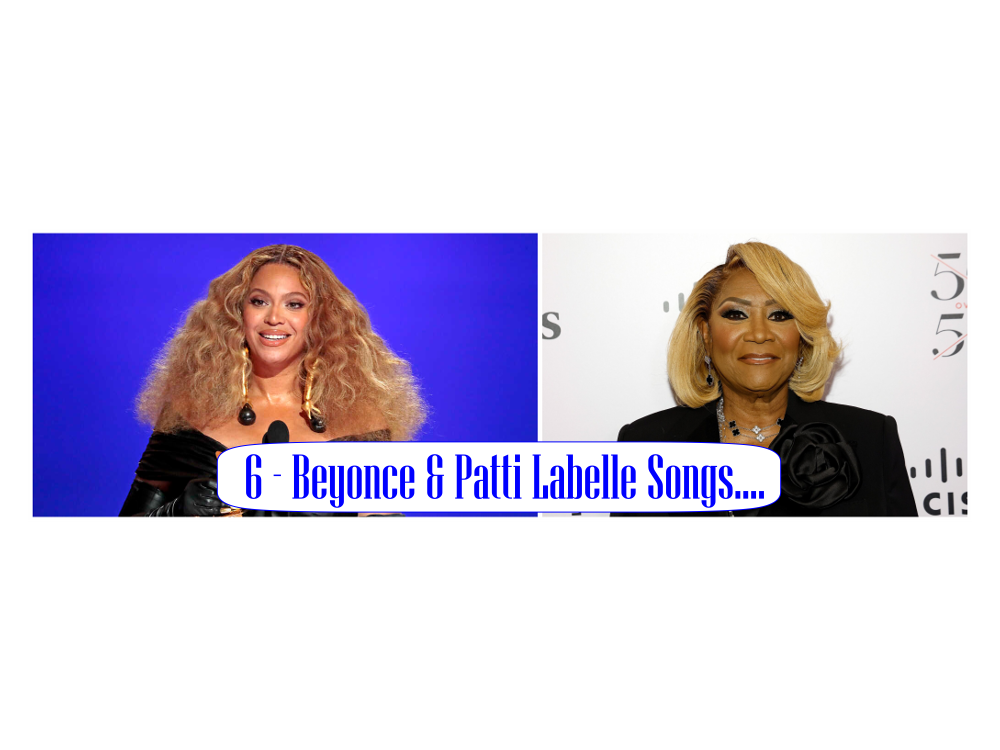
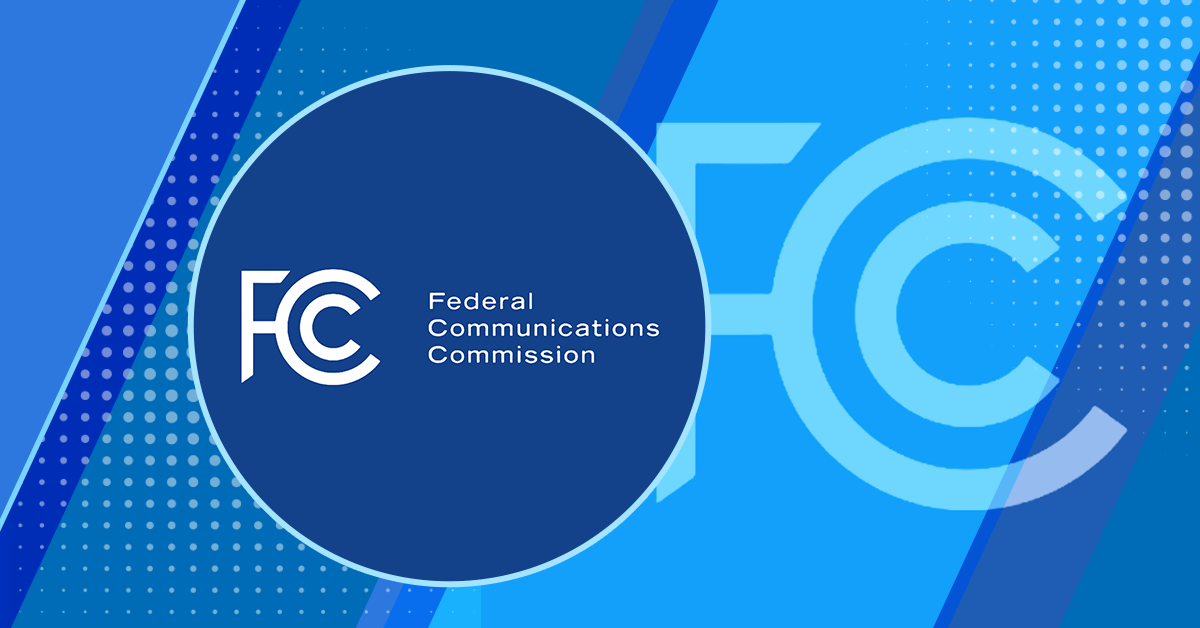
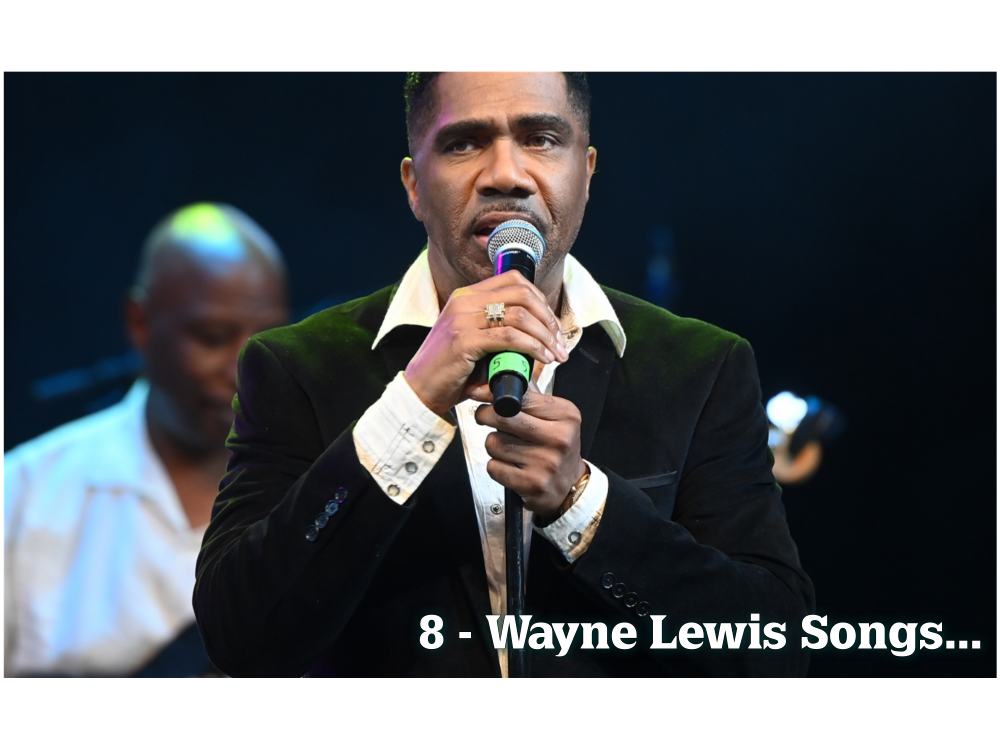
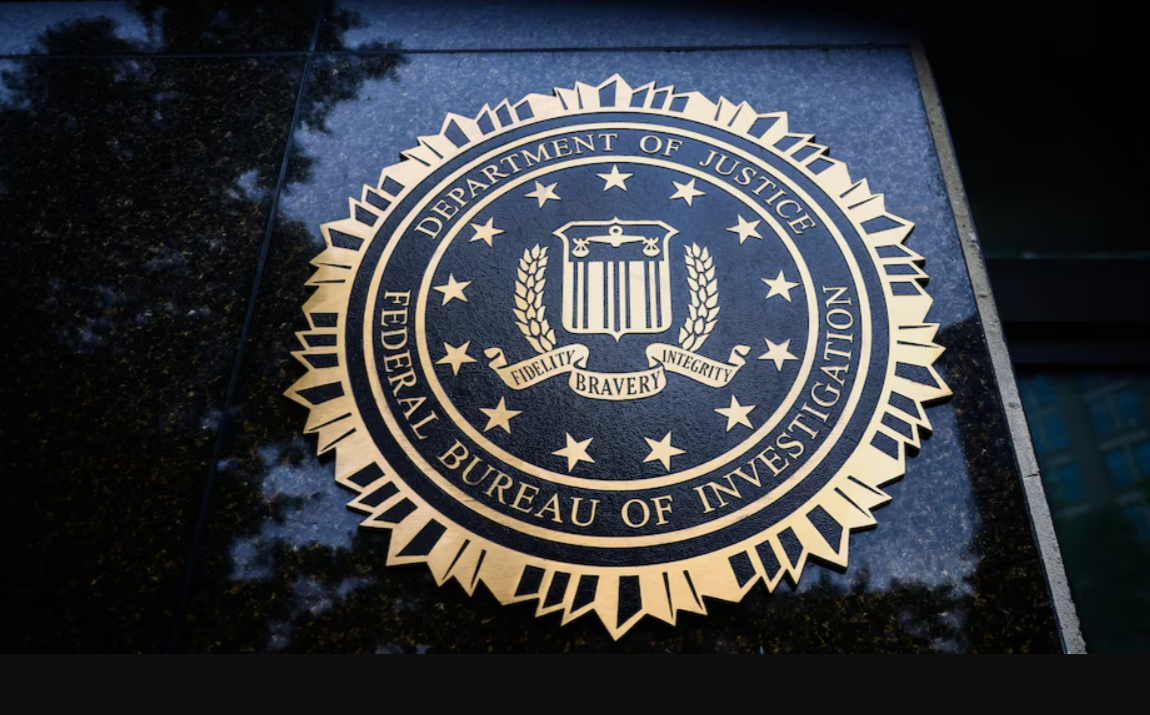
through our hood, we feel like we haven’t accomplished anything except buying expensive clothes, jewelry, cars, and shoes.
2.) Us ni**a’s can’t stand these Koreans, Chinese, and whoever else coming into our neighborhoods buying up all the buildings then stocking the shelves w/ s**t that we need everyday. We should be the owners of our businesses but then we won’t be allowed to sell drugs and weapons out of the back doors of the stores. Moth**fu**in’ po-po will be watching us.
3.) We are mad as hell ’cause the drugs we’ve sold for years hasn’t afforded us that mansion we suppose to be living in. Where’s our Rolls Royce’s and Bentley’s?
4.) I pretend to be angry about many things: a lack of job and educational opportunities b/c I ain’t never known of a corny-ass geek w/ a job who earns more than me selling drugs. I gets paid in full.
5.) And these bi**hes make me mad as hell. They stay bit**in’ ’bout somethin’. Always wanting money for these kids or gettin’ their nails and hair did. I think they trapped me into gettin’ them pregnant. Yeah, I gots me some little ni**a’s all over L.A., and what, bit**es want me to fork over all my hard-earned cash? I tells ’em, “Get outta my face, bi**h!” Gimme, gimme, gimme is all they know.
6.) Yeah, I gots somethin’ to prove: I gotta prove that I can shoot and kill mo’ ni**a’s than the next ni**a. It’s all about competing to run the most game in the drug game. I aim to be the best of the best.
That’s what I want all of these ignorant ni**ers to admit. Unfortunately, most of the time they’ll admit any guilt is when they’re in prison, on death row, in a wheel chair, blind in one or both eyes….well, you get my point. There’s not so much police brutality going on as is the distribution of narcotics and black on black crime.
The City of Angels is really Devi/Devil/Demon City
Four not guilty verdicts turns into a riot. I’m not saying that Rodney King deserved such a beating. No one does. He was unarmed, intoxicated, and on the ground. Rodney was hit at least 50 times w/ night sticks by overzealous police officers who assumed they wouldn’t get caught. Only time to get away w/ something is when you think nobody’s watching you. That videotape was proof that police officers will cause bodily harm to a person. Whether Rodney provoked that many cops or not remains to be seen or heard. Supposedly, there were 2-3 other passengers in his car who had been handcuffed. So they witnessed the police beating up Rodney, yet I haven’t heard/read of them giving statements. Anyway, these officers go on trial and found not guilty. Then BOOM! A riot erupts right in their own neighborhoods. According to one program on television, a gang banging drug dealer stated that he started the the riot in his neighborhood by throwing a brick at a cop or a squad car, then everybody standing around followed suit.
This dude is the relative of another gang banger named Monster. Now Monster is an author named Kody Scott, I think, and as I said, he wrote a book. I forgot the title. I do remember him being interviewed on one of those gang programs like American Gangster. His daughter was also interviewed and she stated that she asked her dad, “Can’t you just stop (gang banging)”? Seems that even though he had the skills and talent to write a book, he was unable to leave the gangster lifestyle alone.
Anyway, the brother who threw the brick tried explaining why he threw it and how mad and angry he was feeling at the time. He made no sense whatsoever. I stopped paying attention to what he was saying b/c it was what he wasn’t saying that I wanted to hear.
1.) The hundreds of thousands of us who have been selling drugs haven’t seen the fruits of our labor. We don’t own our homes, businesses, or properties. Even though millions of dollars flow